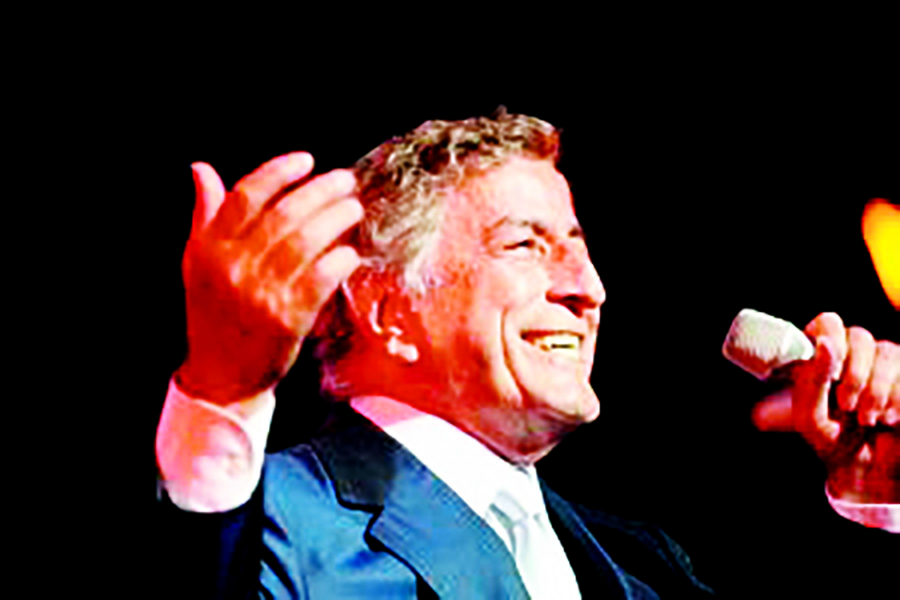Civil
Tony Bennett Marched For Civil Rights
Tony Bennett, the legendary singer, left an indelible mark on history through his activism for civil rights, advocating for equality and justice.

By Stacy M. Brown
NNPA Newswire Senior National Correspondent
@StacyBrownMedia
Tony Bennett, the legendary singer whose smooth vocals and timeless classics captured the hearts of millions, died at 96 in his hometown of New York.
Although renowned for his musical achievements, his tireless work in civil rights advocacy has left an indelible mark on history.
Bennett’s journey into activism began early in his life.
Drafted into the Army as a teen in 1944 during World War II, he served on the front lines in Europe, witnessing the horrors of war and its devastating impact on human lives.
“The first time I saw a dead German, that’s when I became a pacifist,” Bennett revealed in an earlier interview with Howard Stern.
“Every war is insane, no matter where it is or what it’s about. Fighting is the lowest form of human behavior. No human being should have to go to war, especially an eighteen-year-old boy.”
His time in the military exposed him to the grim reality of racial segregation within the U.S. Armed Forces.
After being caught consorting with a Black soldier, Bennett was spat upon by a higher-ranking Army official, who assigned him the unenviable task of digging up the corpses of dead military members.
He said the encounter motivated him to speak out for civil rights.
In 1965, Bennett took part in the historic 50-mile Selma to Montgomery marches, standing alongside Dr. Martin Luther King Jr. to demand equality and justice for all.
“The mood was anger,” singer and activist Harry Belafonte said in an interview he and Bennett did in 2013.
“The mood was rebellious on the part of the movement, on the part of the civil rights crowd, and the question is: What do we do in the face of this kind of rage and this kind of mayhem? And there was just … the bottom line was that we will go back as often as necessary.”
To rally the crowd during the march, Bennett performed “Just In Time” on a makeshift stage constructed from dozens of empty coffins, a powerful symbol of the lives lost in the struggle for civil rights.
“I didn’t want to do it, but then Harry Belafonte told me what went down,” Bennett recalled.
“How some blacks were burned, had gasoline thrown on them. When I heard that, I said, ‘I’ll go with you,’” he said.
Bennett remained dedicated to championing humanitarian causes and advocating for equality throughout his life.
He was an outspoken ally of various social issues, using his platform to bring attention to pressing global challenges, including the plight of refugees.
Bennett also refused to perform in South Africa during the Apartheid era, and later received the United Nations Higher Commissioner for Refugees Humanitarian Award for his unwavering commitment to humanitarian work.
Additionally, his contributions to civil rights earned him a place of honor as an inductee into the International Civil Rights Walk of Fame.
Beyond his activism, Bennett was a prolific musician with an impressive discography that spanned over 70 albums, earning him 19 performance Grammy awards.
His rendition of “I Left My Heart In San Francisco” became a timeless classic, earning him a legion of devoted fans, including fellow artists like Frank Sinatra and Lady Gaga.
A Kennedy Center Honoree and a National Endowment for the Arts Jazz Master, Bennett is survived by his wife Susan, daughters Johanna and Antonia, sons Danny and Dae.
He also had nine grandchildren.














